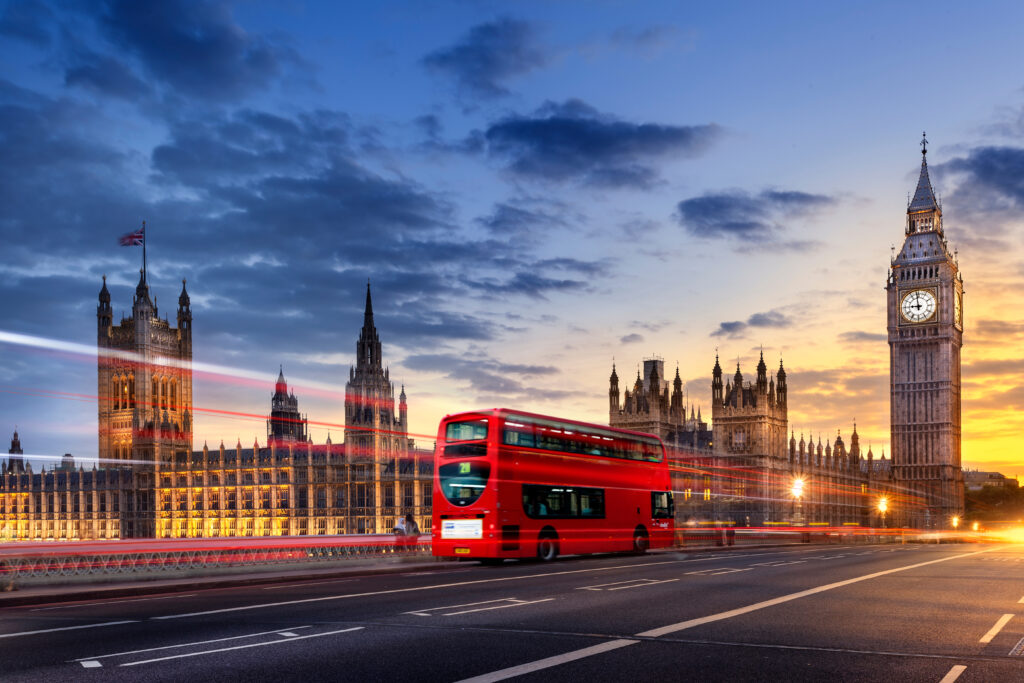The UK’s Transport Committee has announced it is to investigate the development and deployment of self-driving vehicles on UK highways. The Transport Committee is nominated by the House of Commons to scrutinize the Department for Transport. Its formal remit is to hold ministers and departments to account, and to investigate matters of public concern where there is a need for accountability to the public through Parliament.
Following a proposal to the UK Parliament earlier this year in April to revise the Highway Code to provide for self-driving cars, The Law Commission of England and Wales continues to seek views on regulating remote driving on public roads, building on earlier recommendations from the Law Commission and Scottish Law Commission for reform to enable “the safe and responsible introduction of automated vehicles”.
The UK government has said that it is “continuing to develop a full legal framework for self-driving vehicles”. This is set to include a full regulatory framework for widespread deployment of automated lane keeping system tech by 2025. The first approved technology is likely to be for vehicles traveling at slow speeds on highways, such as in congested traffic.
As such, the UK’s Transport Committee will now investigate the development and deployment of self-driving vehicles, also known as connected and autonomous vehicles, on the UK’s roads. The inquiry will consider the progress of research and work in the UK and abroad and what needs to happen to prepare for their arrival. This includes regulation, perceptions of safety, the role of government, implications for infrastructure and for existing car use. The closing date for written evidence is Monday August 22, 2022.
The Committee is particularly interested in receiving written evidence that addresses:
- Likely uses, including private cars, public transport and commercial vehicles, and levels of automation;
- Progress of research and trials in the UK and abroad;
- Potential implications for infrastructure, both physical and digital;
- The regulatory framework, including legal status, approval and authorisation processes and insurance;
- Safety and perceptions of safety, including the relationship with other road users such as pedestrians, cyclists and conventionally driven vehicles;
- The role of government and other responsible bodies, such as National Highways and local authorities; and
- Potential effects on patterns of car ownership, vehicle taxation and decarbonization in the car market.


